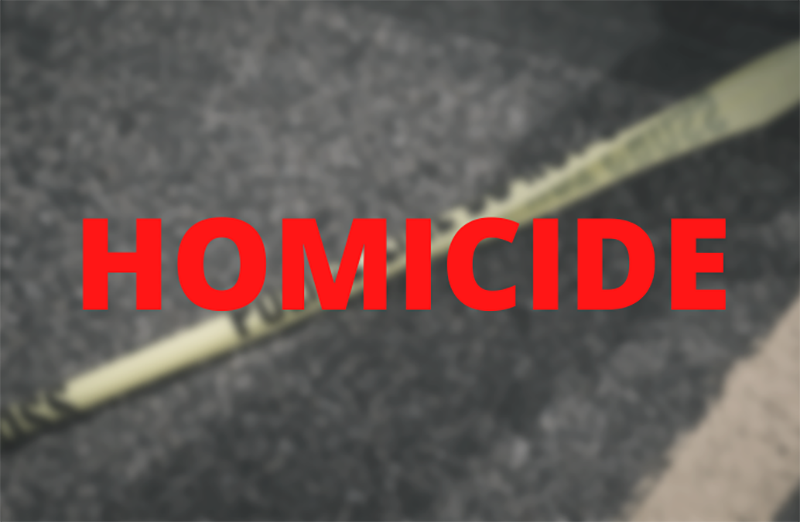
Thank you for reading D.C. Witness. Help us continue our mission into 2024.
Donate NowBy
Sam Chodorow
- March 18, 2024
Daily Stories
|
Homicides
|
Shooting
|
Suspects
|
Victims
|
Tierra Posey was acquitted of all charges on March 20, 2024.
On March 15, three witnesses linked to a defendant in a 2020 homicide case testified in front of a jury in DC Superior Court Judge Marisa Demeo’s courtroom.
Tierra Posey, 24, is charged with second-degree murder while armed, possession of a firearm during a crime of violence, and carrying a pistol without a license outside of a home or business for her alleged involvement in the fatal shooting of 21-year-old Tia Carey on Jan. 6, 2020, at a gas station on the 3700 block of Minnesota Avenue, NE.
According to court documents, a physical altercation allegedly occurred between Posey and Carey in which Posey allegedly produced a firearm and fired two shots. Carey was severely injured and, despite quick medical intervention, succumbed to her injuries.
Previous witness testimony claimed that Carey and Posey’s confrontation stemmed from Carey catching Posey with Carey’s boyfriend at the crime scene.
Prosecutors called Carey’s niece to the stand to explain what she saw at the scene of the crime.
The witness, who was 14 at the time of the shooting, began by explaining the nature of her relationship to Carey. She explained that she would see her “very often, almost every week.”.
She then testified that she observed an argument between Carey and Posey, in which it was clear “her [Carey’s] body language was heating up.” She explained that a fight broke out, after which she heard shots, ran to investigate, and found Carey on the ground with “blood on the back of her head.”
“It’s depressing,” said the witness, as she explained the difficulty she’s endured since the shooting. When asked by prosecutors if she wanted to be testifying, she said “No, because there’s too many people here.”
During her cross examination by Quiana Harris, one of Posey’s defense attorneys, the witness was asked if Carey was ever rough with others, to which she explained that she had never seen violent behavior of any type beyond “gentle taps.”
The prosecution also called a Metropolitan Police Department (MPD) homicide detective who described taking photographs of Posey following her arrest. The photos, which were displayed in court, showed cuts and bruises on Posey that were alleged to have occurred during the altercation between her and Carey leading up to the shooting.
When asked why such detailed photos were taken, the detective explained that “generally, we [detectives] take photos of injuries and clothing for identification purposes.”
The final witness, an employee of the US Attorney’s Office, began his testimony by explaining that as a litigation technology specialist, he was responsible for merging audio and video evidence together from multiple sources and angles at the crime scene.
During his testimony, surveillance camera and cell-phone videos were submitted as evidence, showing different angles of the shooting. The surveillance camera did not contain audio, hence the witness described synchronizing the audio from the cell-phone video to line up with the surveillance video.
When asked during cross-examination if he had any connection to the case, the witness replied “No, I do not know anybody involved personally.”
Parties are set to continue the trial on March 18.
Follow this case